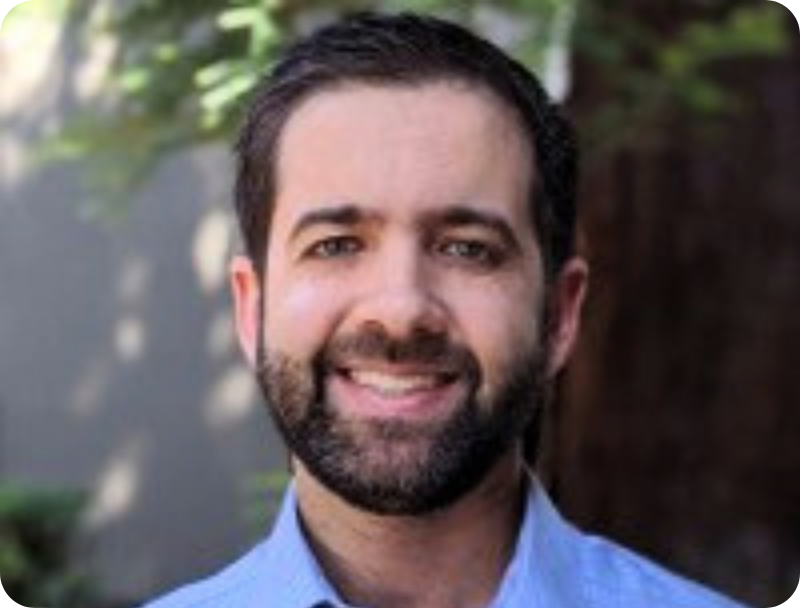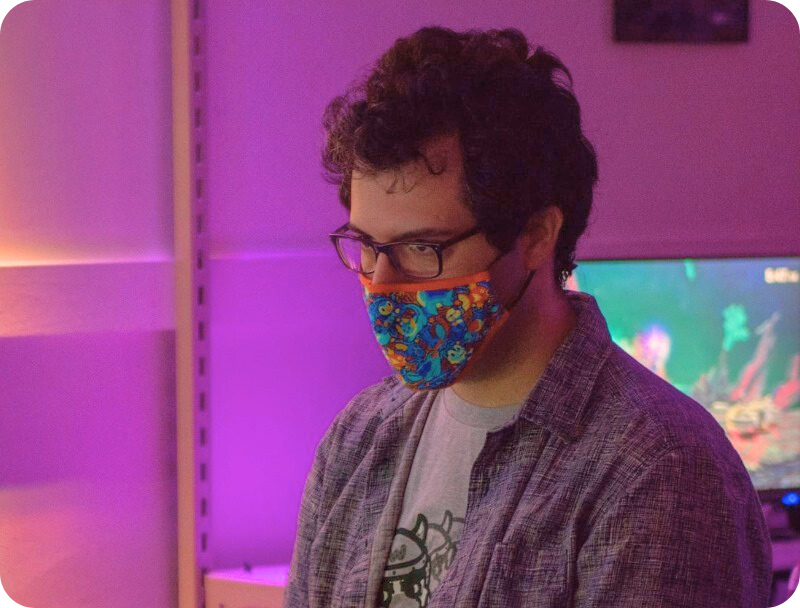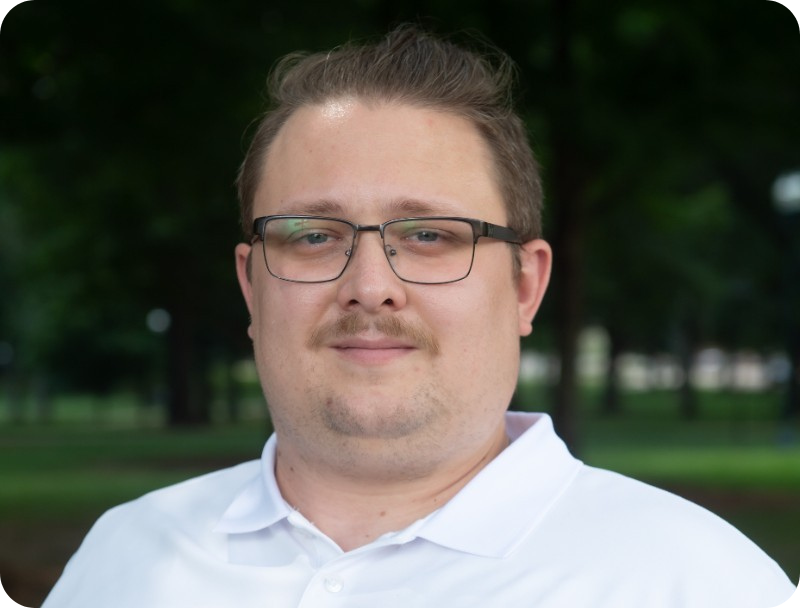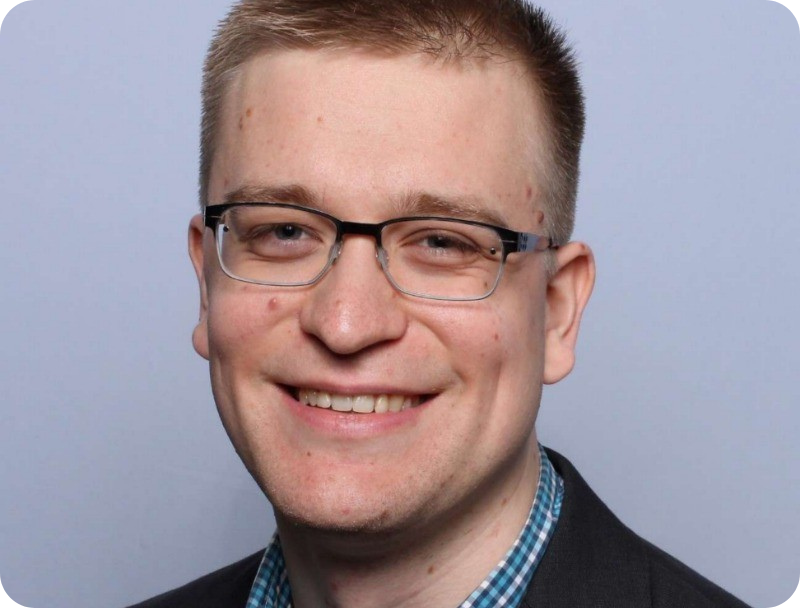Directors Advisory Council

Volunteers

Texas A&M University

Rutgers University

Cleveland State University

Brewton-Parker College

Midland University

College of DuPage

Brooklyn College

Central Maine Community College

Northwest Missouri State University

University of South Florida

Caldwell University

Grays Harbor College

Kansas State University

Rollins College

Centralia College

Lakeland University

Fisher College

Eastern Wyoming College

St. Cloud State University

St. Clair College

UC San Diego

Conestoga College

Michigan State University

Southern University

NC State

University of Missouri

Coe College

Kettering University

University of Southern Mississippi

Illinois State University

Assumption Esports

Boise State University

University of Wisconsin, River Falls

University of North Texas

Minot State University

Texas Wesleyan University

University of Washington

Marywood University

Baker College

Simpson College

University at Buffalo

Miami University

University of Tennessee Knoxville

Wichita State University

Columbia Basin College

Syracuse University

University at Albany

University of Mississippi

Ohio State University

Northeastern University

University of St. Thomas

Winthrop University

University of Texas at Dallas

Pace University

St. Mary’s University

DeSales University

University of Wisconson, Green Bay

University of Michigan

Ohio Wesleyan University

Blinn College

TBA

Central Michigan University

Mercyhurst University

University of Montana

William & Mary University

Bellarmine University

Butler University

Davenport University

Landmark College

Grand Valley State University

Hill College

Full Sail University

St. Clair College

University of California, Los Angeles

Michigan Technological University

Syracuse University

Bridgewater College

Ohio Northern University

Monroe Community College

Fanshawe College

Concordia University, St. Paul

Army West Point

Miami University


